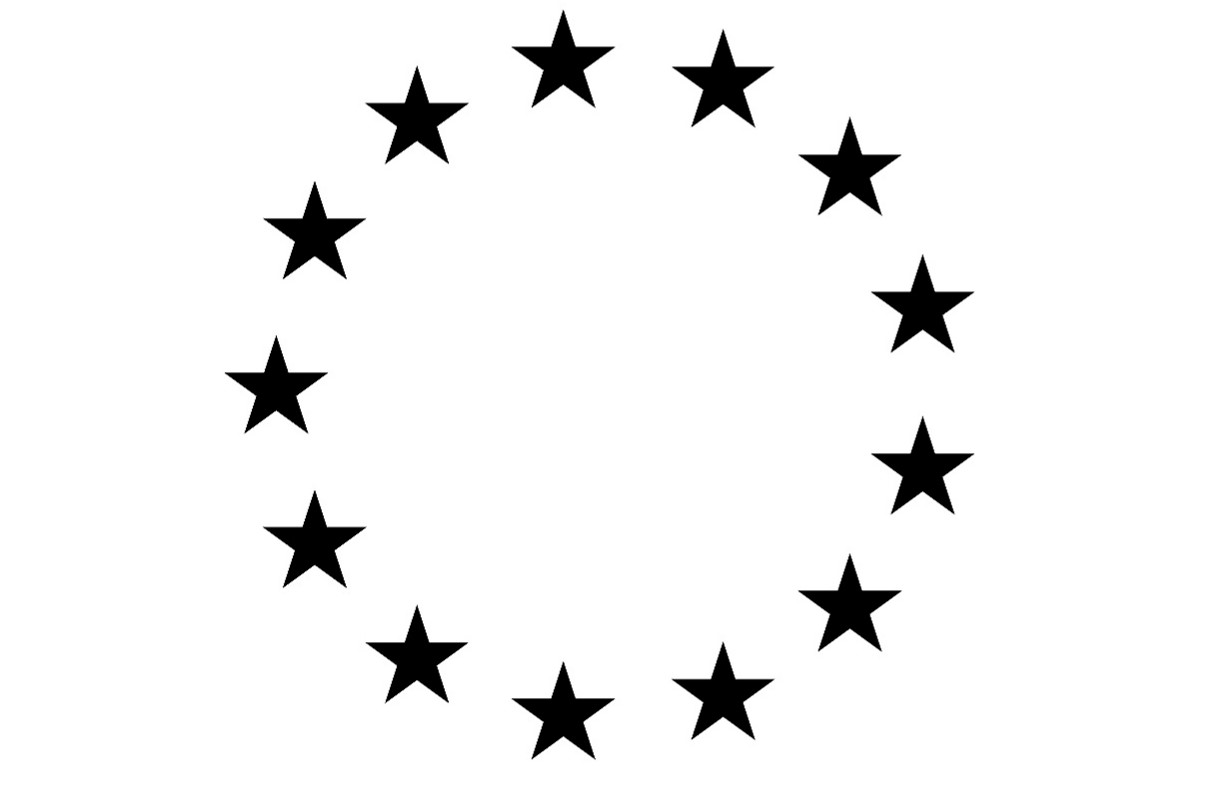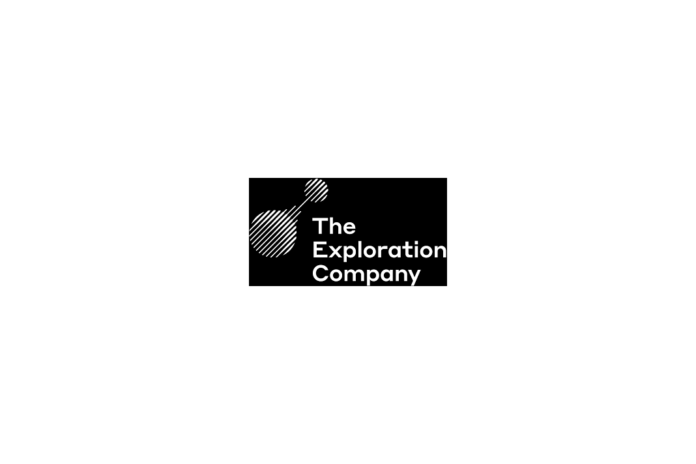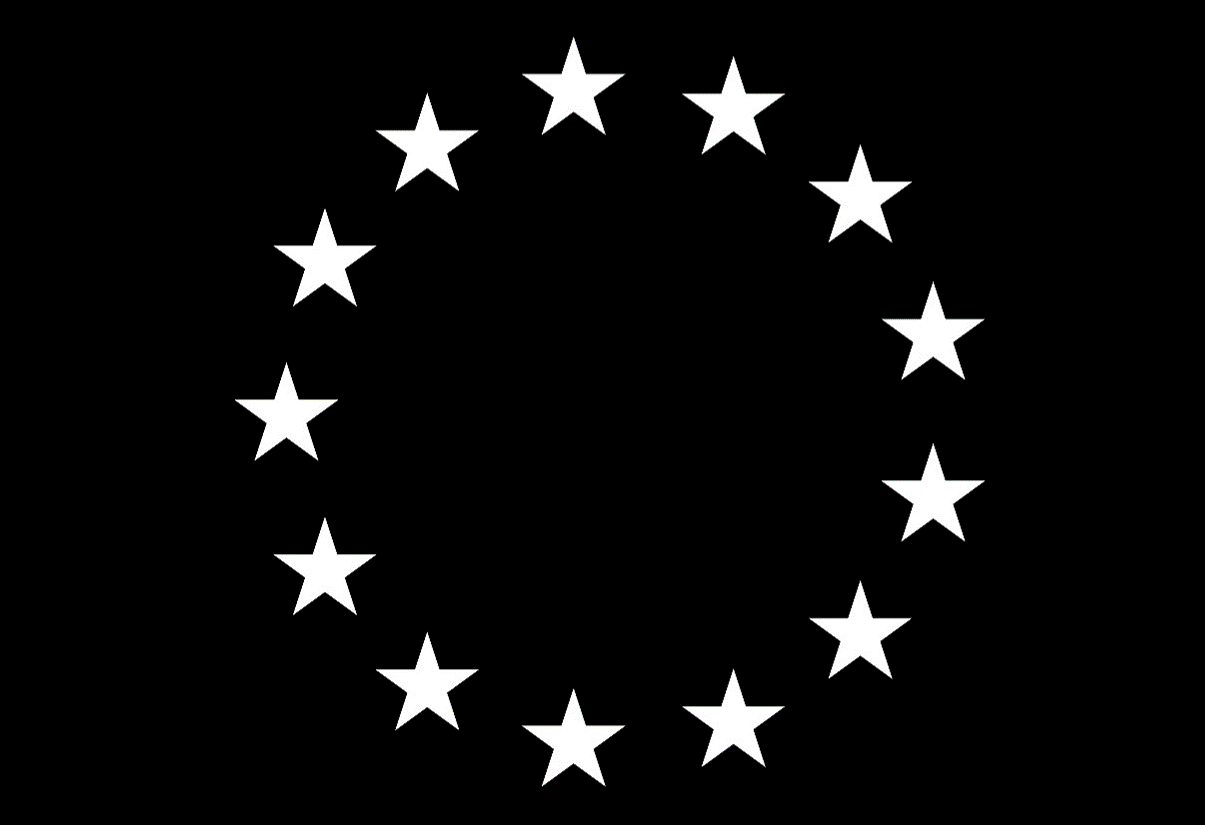The Exploration Company – a potential rival to SpaceX Dragon – is building the first (privately-funded) European space capsule. It is designed to re-enter the Earth’s atmosphere & land safely, complete with crew. Moreover, it should dock with space stations to e.g. supply astronauts with food, material & fuel (ps: thus far, Europe has only been able to do both with the help of other nations such as Russia & the USA). Finally, the capsule should be launcher-agnostic, reusable (multiple times) & refuellable in orbit (expanding mission length & scope). The France & Germany-based company was founded in 2021 by a team of seasoned aerospace engineers & Hélène Huby, its formidable CEO. Within 9 months, they had to build their 1st demonstrator. Their 2nd demonstrator, the “baby capsule” (60cm diameter, weighing 40kg) – designed to fly into space & re-enter the atmosphere in a controlled manner – is scheduled for takeoff in 2024 (or potentially earlier/ as the soon as the Ariane 6 launcher is ready, which – since Russia withdrew its Soyuz rockets from Europe’s spaceport in French Guiana – has become a pressing concern) (ps: launching on a SpaceX Falcon is also envisageable). Finally, the startup’s 3rd demonstrator “Nyx” (2.6m diameter, weighing 1.6tons) (aptly named in honor of the Greek goddess of the cosmos) is scheduled for a return-to-earth cargo/ payload mission (lasting several months) in 2026. By 2028, the company plans the first flight of a (fully functional) capsule to the moon. According to Hélène, “with no European solution to carry goods & humans to the space stations around the earth & the moon, we are providing Europe with the capacity to participate in the exploration of the new space worlds” (ps: honorable mention goes to Ariane Group, which recently presented its own space capsule named “Susie”). Alongside “Nyx”, the Exploration Company is developing open interface software & hardware available in a “SpaceStore”, to enable others to build on their platform. Now then, the European Space Tech sector has lift off: VC investment peaked in 2021 at €538m across 75 deals, remained strong in 2022 with €532m across 64 deals & since the start of this year alone, €141m has already been invested across 6 deals. Moreover, ESA’s overall budget was recently increased 17% to €16.9bn, raising its tech budget – to support space commercialization efforts (& startups) via ScaleUp – to €542m. Globally, the commercial space tech market is forecast to reach $40bn by 2035, which rises to $70bn if one includes human space flight; the Exploration Company certainly wants (Europe to get) a good chunk of that; exciting! <Source: eu-startups.com, spacewatch.global, tech.eu, pitchbook.com, munich-startup.de, vsquared.vc, handelsblatt.com>


